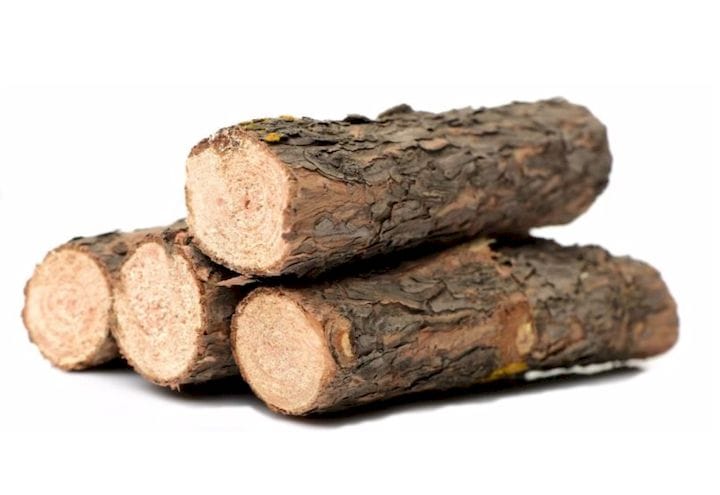![Making polymers from wood [Source: ABC3D]](https://fabbaloo.com/wp-content/uploads/2020/05/image-asset_img_5eb09e4c4e0c9.jpg)
Deep in the forests of British Columbia is a startup company making 3D print materials from wood.
Advanced BioCarbon 3D (ABC3D) is a startup based in Trail BC, just north of the US border in Canada. This area is the heart of logging country, where lumber and pulp mills were among the first industries to make their place in the region. There are still plenty of logging firms present in the area.
But now ABC3D hopes to capitalize on the wood available in the area by producing a new kind of polymer that is potentially far more recyclable than current polymers used in 3D printing.
Their position is that there are currently two kinds of polymers used in the industry: conventional, made from petroleum, and bioplastics, made from different types of plants. ABS, for example, is one of the former, while PLA, often made with corn starch, is one of the latter forms.
ABC3D says that the molecular structure of the two types of plastic isn’t really much different. Thus while the bioplastics are made from renewable sources, once transformed into the bioplastic, it doesn’t really break down easily into the natural environment; they are very similar to petroleum-based plastics.
I believe this to be true; I have yet to see a PLA print properly degrade, and it’s possible that the supposedly bio-friendly PLA prints we all make are really not all that friendly at all, if they inhabit our outdoor environment and become waterborne microplastics.
They’ve developed what they claim is a far more effective process — at least in terms of natural recycling — than even bioplastics can manage. This is done through their unique process of processing wood scraps.
As you might imagine in a logging area there are plenty of discarded wood bits. After taking the core wood pieces to produce quality lumber, and much of the rest for paper, there remains quite a bit of wood scrap that is normally discarded. Now ABC3D has a process to transform it into a usable polymer material suitable for 3D printing.
![Inspecting dried wood chips [Source: ABC3D]](https://fabbaloo.com/wp-content/uploads/2020/05/image-asset_img_5eb09e4ca858e.jpg)
Their process involves cooking under pressure and cooling undesirable wood chips with a secret “earth friendly solvent”. The resulting mush is dried and powdered, which is then extruded into usable plastic.
They say the material is of high quality:
“ABC3D is offering first products in the 3D printing filament market, with engineered grade quality bioplastics, previously unavailable. But the potential to impact other markets is big.
Our plastics are superior to other bioplastics made from renewable resources in that they are stronger, non flammable, moisture and chemical resistant, break down in nature like a piece of wood and do not come from valuable agricultural land.”
This is a very important point: these polymers break down in the environment in the SAME WAY AS NATURAL WOOD. And the world has been able to withstand millions of years of dead wood, so this clearly works in an environmentally friendly way.
It’s not clear what specific 3D print material products they have produced, nor whether they are truly on sale yet. However, the project sounds extremely interesting. If they can truly produce engineering-quality materials for 3D printing – and other industrial uses – at reasonable costs, this could be a way out of the micro plastics scourge that humanity is only now learning about.











An inventive designer has developed a method for producing 3D paper objects using recycled paper and 3D printed molds.